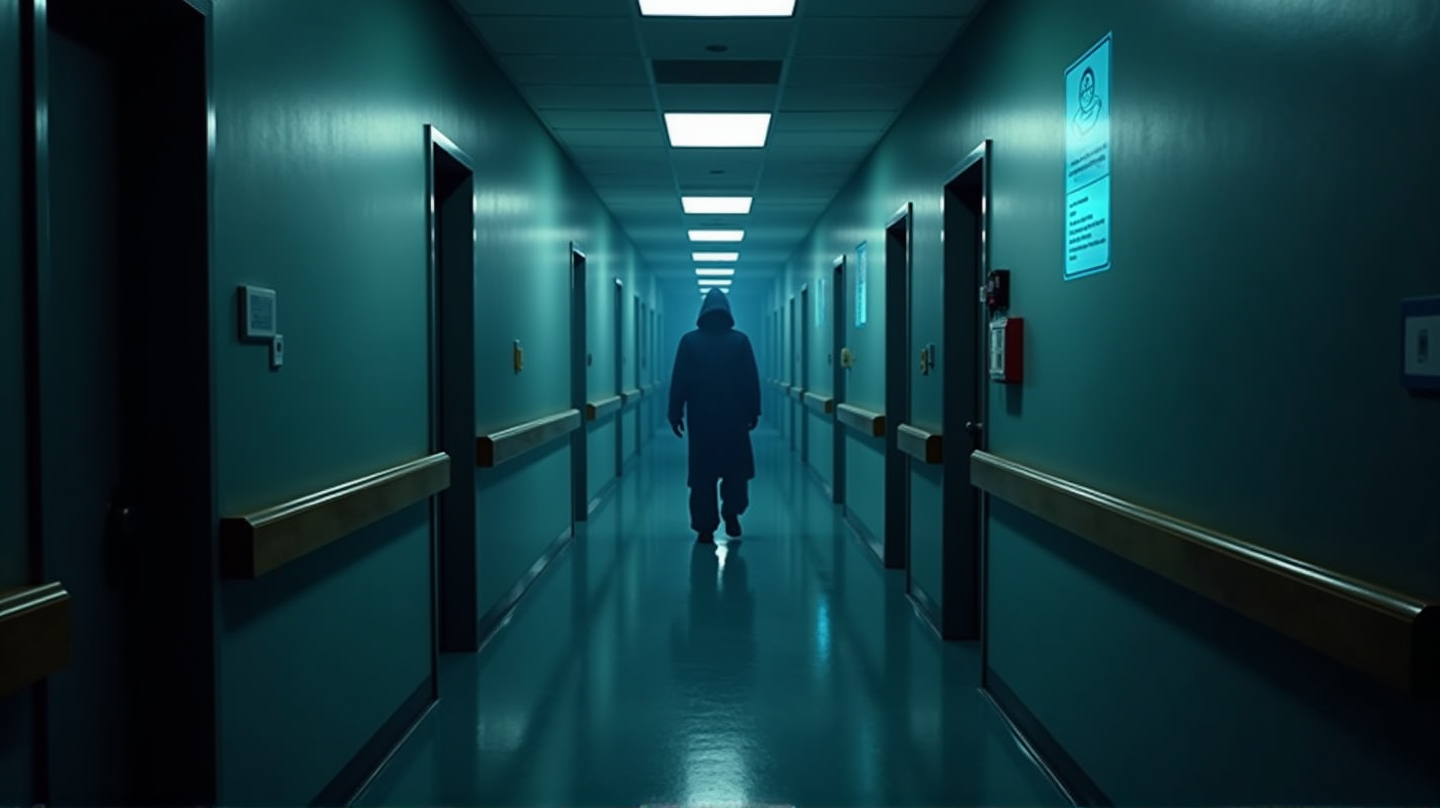Cyber Criminals Target Hospitals with Fake Data Extortion Letters: A Growing Concern

In the quiet, sterile corridors of hospitals—places of healing and hope—a nefarious adversary has emerged. Recently, healthcare facilities across the country have become the target of cybercriminals wielding a new weapon: fake data extortion letters. This unsettling development exposes the critical vulnerabilities in our healthcare systems, demanding immediate action and vigilance.
The Anatomy of a Threat
Through complex digital networks, hackers infiltrate hospital systems and fabricate extortion letters containing what appear to be sensitive data. These letters threaten to release patient information unless a ransom is paid. According to American Hospital Association, this tactic leverages fear to exploit healthcare providers’ commitment to patient privacy.
A Life-or-Death Matter
Healthcare institutions, unlike other organizations, deal with stakes involving human lives. The trust placed in them is sacred, and any breach—real or fabricated—can manifest in devastating ways. The emotional strain of handling such threats is compounded by the ethical dilemma faced by administrators: whether to engage with criminals or risk exposure with potentially catastrophic consequences.
An Evolving Tactic
The extortion letters often mimic legitimate emails, creating panic among staff and unleashing a cascade of anxiety. As stated in American Hospital Association, these tactics evolve continuously, with hackers adopting sophisticated strategies to avoid detection. Hospitals must now navigate a complex landscape where even the most diligent digital hygiene might not be enough.
Steps Towards Protection
In this shadowy war, cybersecurity has become the frontline defense. Hospitals are advised to fortify their digital infrastructure, including regular audits and emergency response protocols. Building robust defenses while training staff to recognize the digital wolves in sheep’s clothing is critical. Collaborative efforts with cybersecurity experts can provide tailored strategies geared to specific vulnerabilities within the hospital’s network.
Hope Amidst Uncertainty
Despite the challenges, the resolve to protect patient privacy remains unshakable. Healthcare leaders are fostering awareness and pursuing advancements in cybersecurity measures, driven by the resilience characteristic of the medical profession. Patients can take comfort in knowing that, behind the scenes, there is a commitment to outsmarting these digital threats.
In conclusion, as hospitals continue to grapple with these insidious extortion attempts, the focus remains on innovation and collaboration. The final act of defiance against cyber extortionists will be a robust, united front—one that says loudly and clearly, “We are not afraid.”





